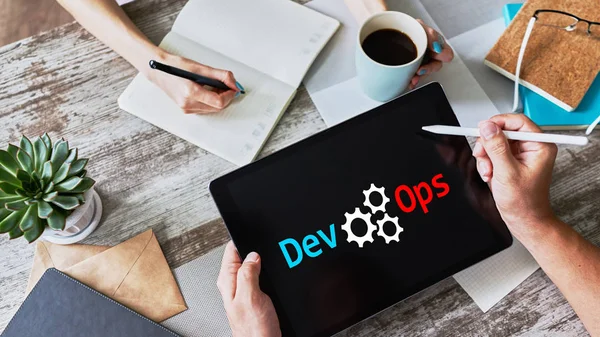DevOps has gained popularity as a method for developing and delivering software because it enables businesses to do it more quickly, consistently, and with higher-quality results. The usage of automation, continuous integration, and continuous delivery are all key components of the DevOps culture and set of practises. They are also emphasised. Following these five best practises can help you become a DevOps developer, if that’s your goal.
1. Understand The DevOps Culture
Table of Contents
It’s crucial to comprehend the DevOps culture and its guiding principles before you can become a DevOps developer. Breaking down team silos and establishing a culture of collaboration and continuous improvement are also important components of DevOps, which is more than just leveraging tools and automation to produce software more quickly. Working closely with both the development and operations teams, comprehending their processes and pain areas, and having the flexibility to learn new skills are all requirements for a DevOps engineer. With the best DevOps course, one can easily learn and understand DevOps culture.
2. Learn Scripting and Programming Languages
DevOps developers need scripting and programming languages to automate processes and build solutions for managing infrastructure and deployments. Python, Bash, and PowerShell are a few of the languages used most frequently in DevOps. Additionally, it’s critical to have a solid understanding of continuous integration and delivery tools like Jenkins as well as version control systems like Git.
3. Develop Skills in Cloud Computing
DevOps relies heavily on cloud computing since it makes it possible for businesses to swiftly and effectively provision and manage their infrastructure. Understanding cloud computing platforms like Amazon Web Services (AWS), Microsoft Azure, and Google Cloud Platform (GCP) is crucial for DevOps developers. Additionally, you should be familiar with tools that allow you to manage infrastructure as code and automate infrastructure deployment, such as Terraform and Ansible.
4. Embrace Automation
DevOps is centred on automation, which enables businesses to produce high-quality software fast and reliably. You should embrace automation as a DevOps engineer and try to automate as many processes as you can. Tasks like testing, deployment, and infrastructure management may be automated in this regard. Additionally, you need to be familiar with containerization technologies like Docker and Kubernetes, which let you manage applications at scale and package them into portable containers.
5. Continuously Learn and Improve
Finally, it’s critical to expand your knowledge and abilities as a DevOps developer on a constant basis. In the quickly evolving field of DevOps, new tools and technologies are constantly being developed. You should take part in online communities, go to conferences and meetups, read blogs and books about DevOps, and attend conferences and meetups to remain current with the newest trends and best practices. Additionally, you should ask your peers for comments and be open to learning from your errors.
Conclusion
Technical proficiency, teamwork, and a dedication to lifelong learning and development are necessary for becoming a DevOps developer. You may succeed as a DevOps developer and contribute to the success of your company by comprehending the DevOps culture, mastering scripting and programming languages, honing your cloud computing skills, embracing automation, and consistently learning and growing. With this DevOps tutorial for beginner, you can learn more about DevOps.
Also Read Interesting Articles At: Pitic Style.


